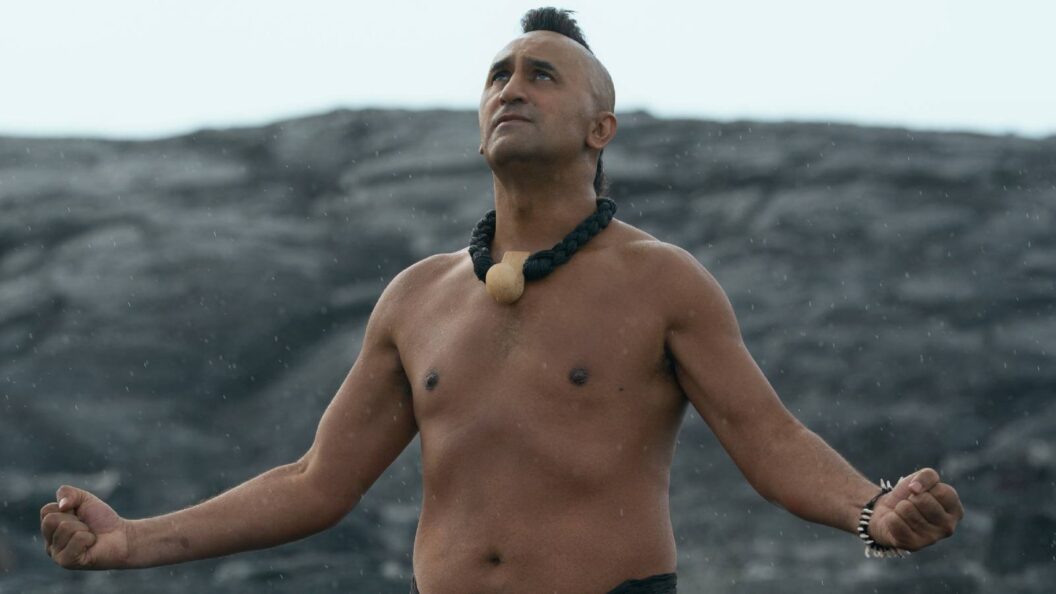Season Finale of Chief of War: A Closer Look at the Epic Conclusion
The highly anticipated first season of Chief of War has concluded, leaving viewers with much to discuss regarding its finale. Starring Jason Momoa as Ka’iana, the series immerses audiences in a historically rich narrative, showcasing a detailed portrayal of early Hawaiian conflicts and culture. The season finale was marked by intense battles, crucial character arcs, and spiritual themes that resonate throughout the series.
Conflict and Resolution: The Battle for Hawai’i
The series traced the journey of Ka’iana, who grapples with loyalties to various leaders throughout his travel. He ultimately returns to assist King Kamehameha, played by Kaina Makua, in a fierce battle against the forces of Keōua (Cliff Curtis) and his ally, King Kahekili (Temuera Morrison), of Maui. The escalating tensions culminated in a dramatic confrontation where the use of firearms sparked a heated debate between Kamehameha and Ka’iana, reflecting the struggle between traditional warfare and the introduction of modern weaponry.
One notable aspect of the finale is the impact of Kīlauea’s volcanic activity, symbolizing divine favor and influence in the unfolding conflict. This event encouraged other districts to join Keōua’s cause, framing the battle within a spiritual context.
As the battle raged on, Ka’iana faced off against Keōua, who ultimately met his end not through Ka’iana’s hand but through the eruption of the volcano, reinforcing the theme of nature’s unpredictable power in the narrative. This pivotal moment affirmed Kamehameha’s authority over the island, setting the stage for his ambitions to unify the Hawaiian Islands.
Character Demises: The Finale’s High Stakes
The first season’s conclusion saw several key character deaths, pivotal to the storyline:
- Keōua, the primary antagonist, was slain during the battle, serving as a means for Ka’iana to avenge his brother’s death.
- Opunui, a cruel representative of Kahekili, faces a similar fate, showcasing the brutal reality of the conflicts as he attempts to kill Heke but is ultimately shot and killed.
These character arcs highlight the brutal stakes of war and the increased tensions that characterize the series’ atmosphere.
Setting the Stage for Season 2
Although Chief of War has not yet been renewed for a second season, the finale certainly hints at continued conflict. Kahekili’s absence from the final battle raises questions about his plans moving forward, especially as he vows to return with his navy to confront Kamehameha directly. This unresolved tension and Ka’iana’s precarious alliance with Kamehameha promise more drama in potential future episodes.
The finale’s commentary on the introduction of foreign tools, such as firearms, reflects a deeper spiritual concern for the characters, specifically intertwining Hawaiian mythology and the inevitable cultural shifts brought by colonialism. The integration of these themes suggests that the series is not only a historical recounting but also a narrative about the transformation of Hawaiian society.
Themes of Spirituality and Tradition
Throughout the season, Chief of War wove spiritual elements into the fabric of its storytelling. Ka’iana’s interactions with the gods and his ultimate decision to fight against Keōua signify a departure from tradition, which has left the gods displeased. The underlying message suggests that while military victory has been achieved, it comes with a cost—one that could lead to the potential downfall of an independent Hawai’i in the face of modernization.
The implications of using firearms in battle are striking; they symbolize a Faustian bargain where the means of victory may lead to cultural erosion. Thus, the finale challenges the characters and viewers alike to ponder the moral ramifications of their choices within the broader narrative of Hawaiian sovereignty.
Historical Accuracy and Shifts in Narrative
While the series draws heavily on real historical figures, the timeline has been manipulated for dramatic effect. The battle’s portrayal closely resembles the Battle of Mokuʻōhai in 1782, yet character fates differ significantly from historical accounts, such as Keōua’s eventual demise in 1791. The show’s creator, Justin Chon, has crafted a narrative that, while historically inspired, adapts the story to fit the emotional and thematic arcs of the characters.
In summary, the first season of Chief of War successfully utilized a blend of historical context, character-driven storytelling, and spiritual motifs to deliver a powerful narrative. As it stands, the conclusion of this season leaves ample room for exploration of the Hawaiian struggle for identity and sovereignty in potential future seasons. Fans can stream Chief of War on Apple TV+, eagerly awaiting what may lie ahead for Ka’iana and the islands of Hawai’i.









